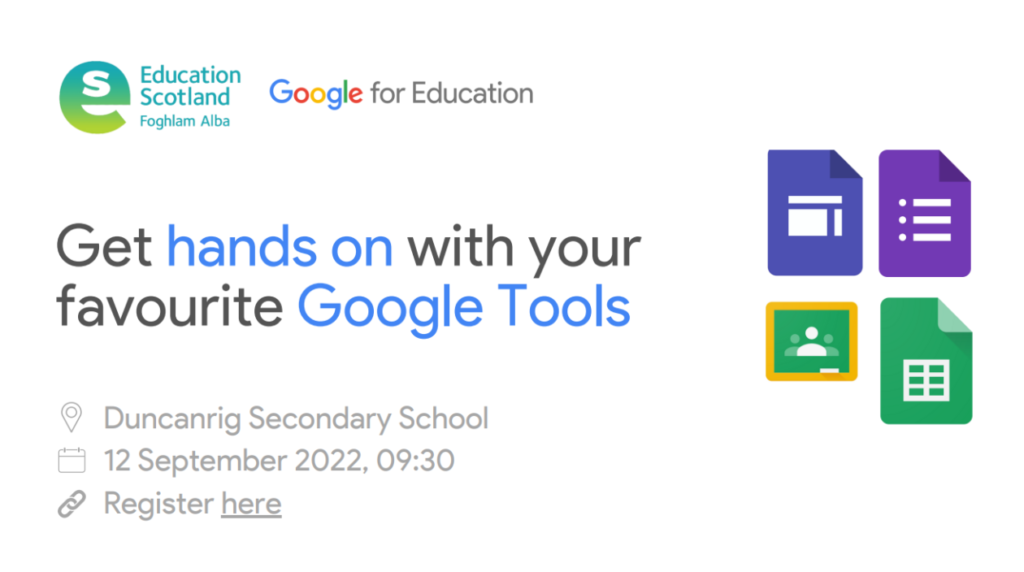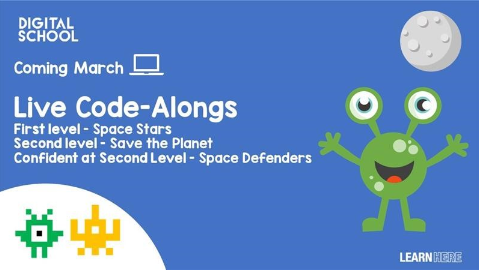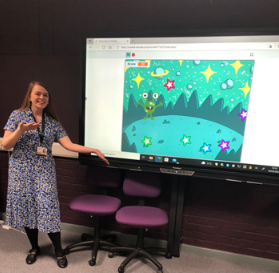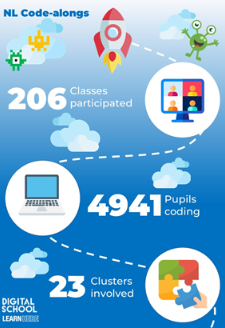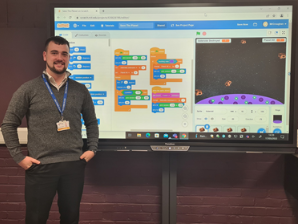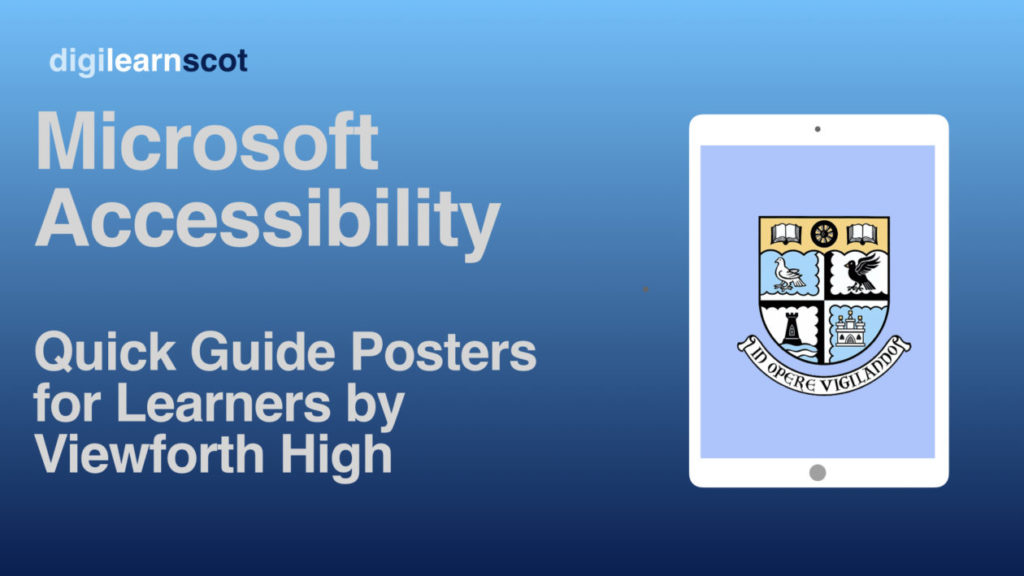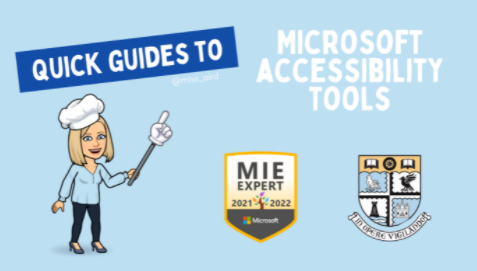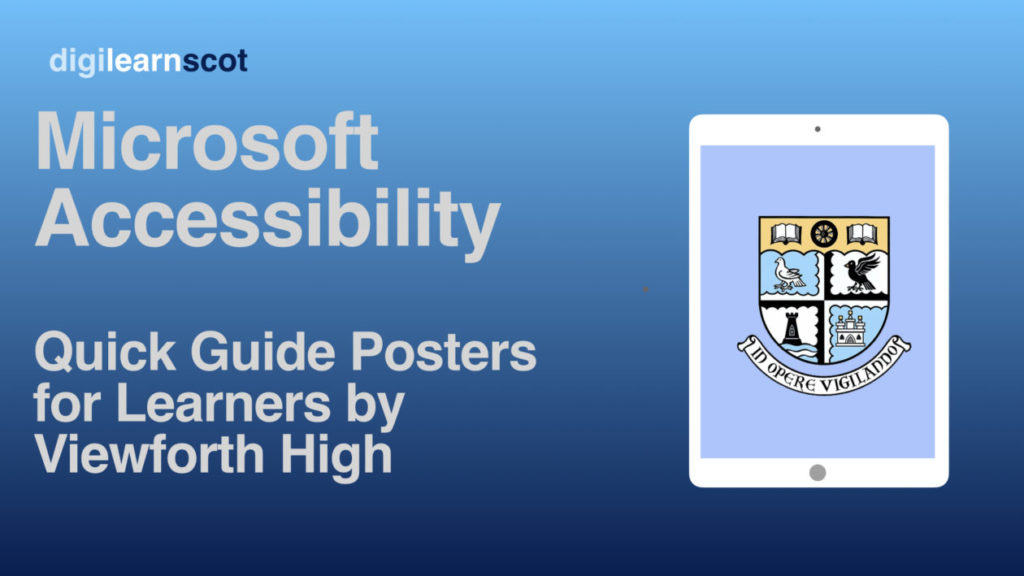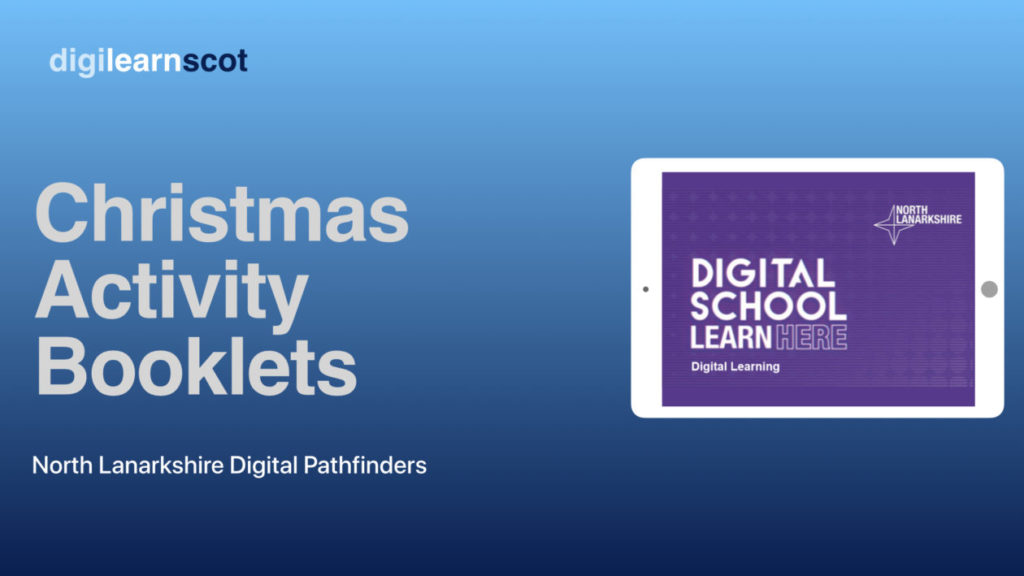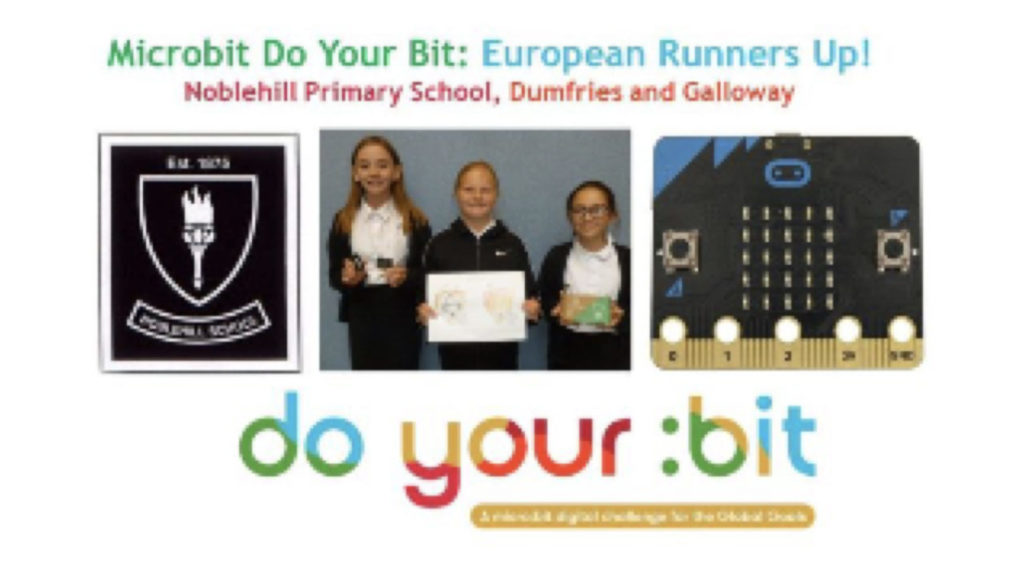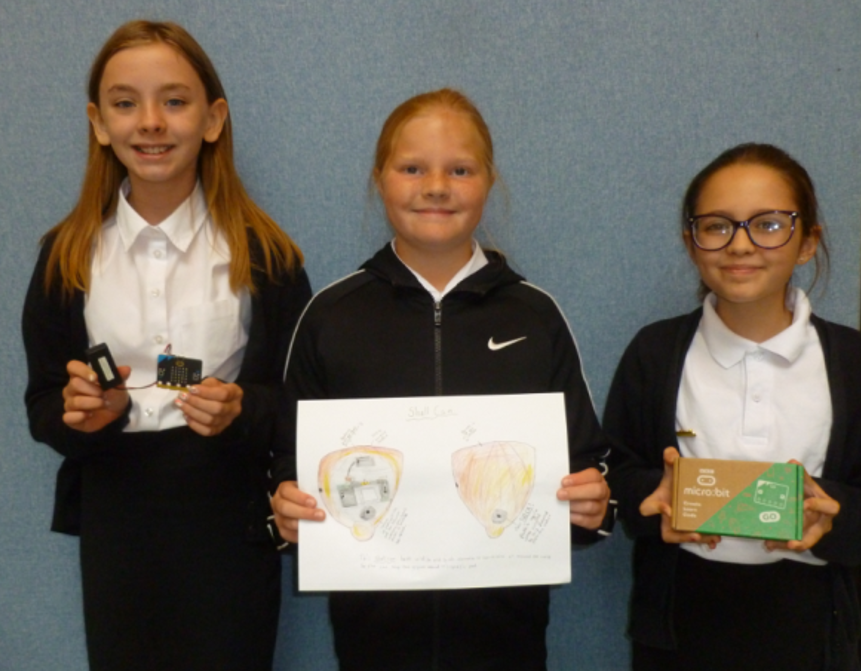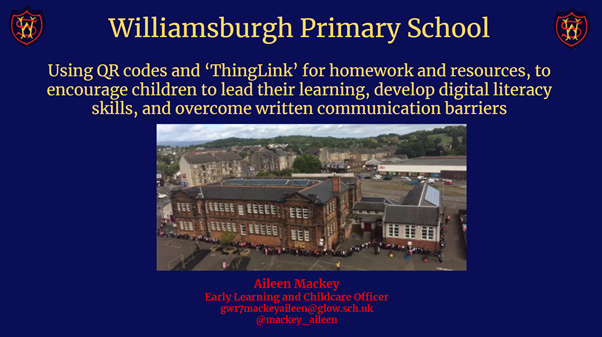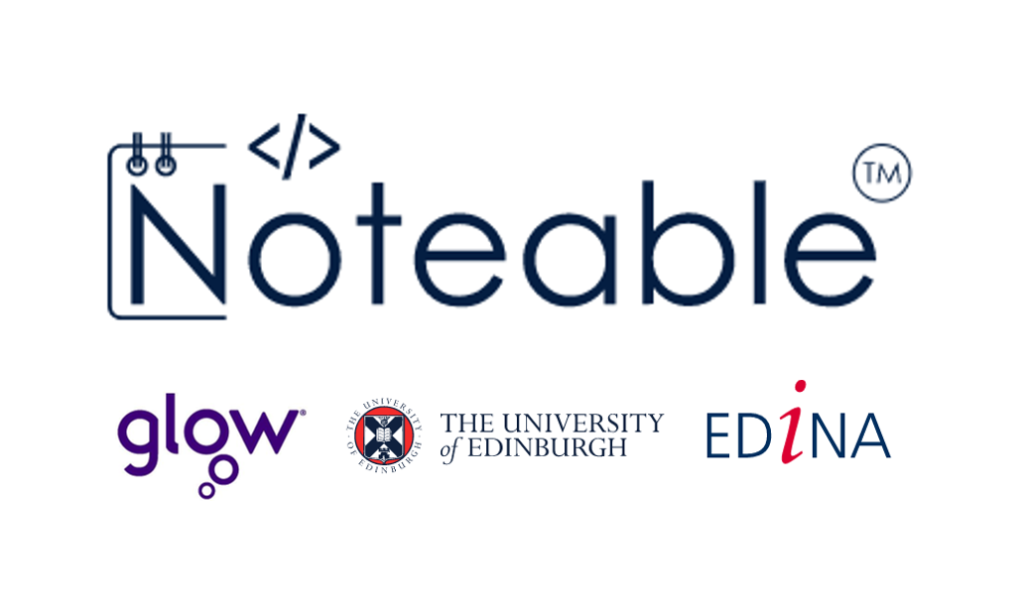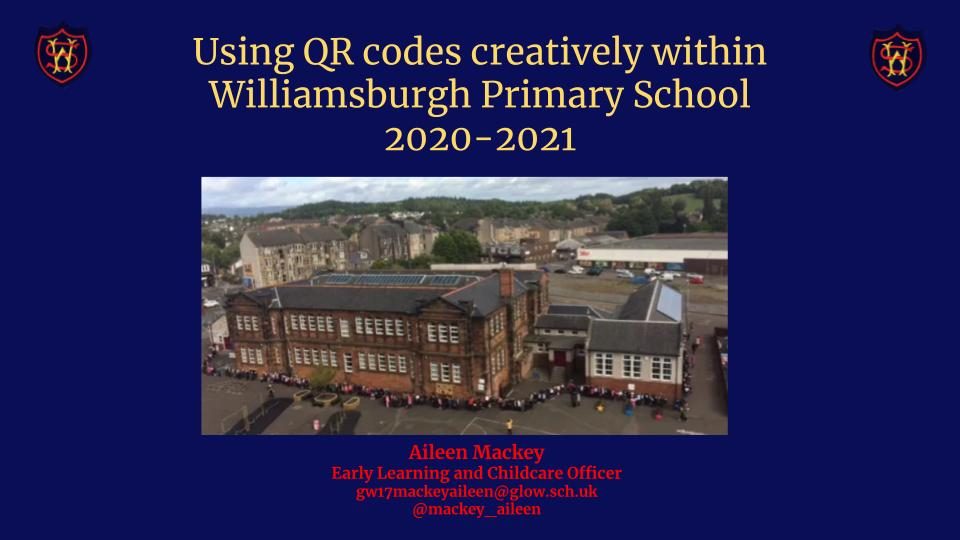Moving Forward
The code-alongs were a great success, with over 4000 learners joining over ten sessions and engaging with Computing Science. In our own reflection the following points were a success or would have been helpful for us to include:
1. Create a Teacher Support Pack with step-by-step instructions. This helps teachers prepare in advance, improve their own understanding of block coding and support their learners through the code-alongs.
2. Team up! Make sure you have one or two people involved in the planning and delivery of the code-alongs. A team of 3 is ideal! This means one person can deliver the code-along, another can provide any technical support whilst a third person can engage with classes through the chat bar.
3. Record the code-alongs in advance. This lets teachers join in at a time that suits them and re-visit the code if any technical issues occur.
4. Keep the benchmarks in mind when you are planning your sessions to ensure they are at the right level for the learners taking part.
5. Looking back, one thing that would have been really useful is a learner help sheet. This would have helped learners be more independent in debugging their code and rely less on their teacher’s support.
